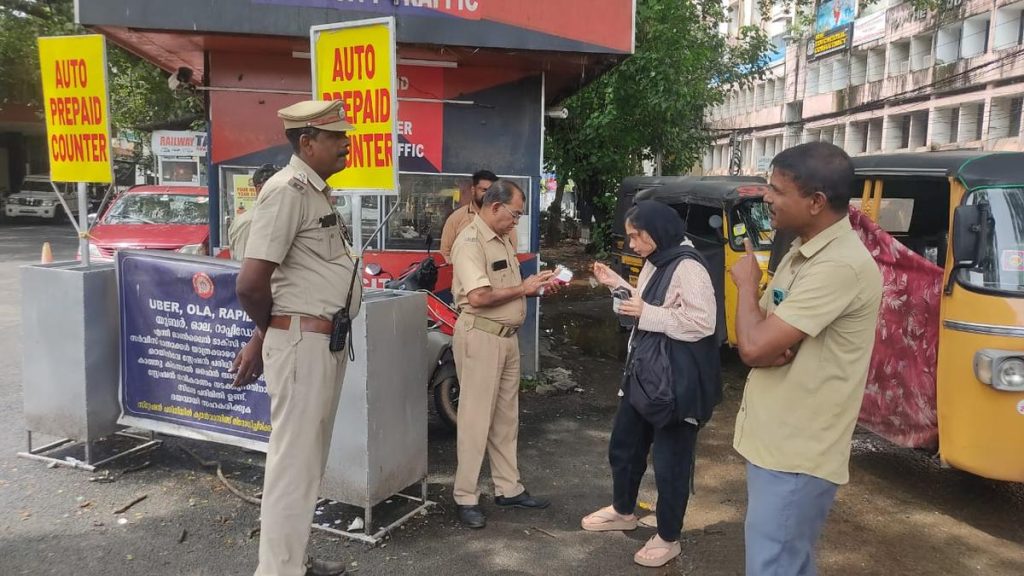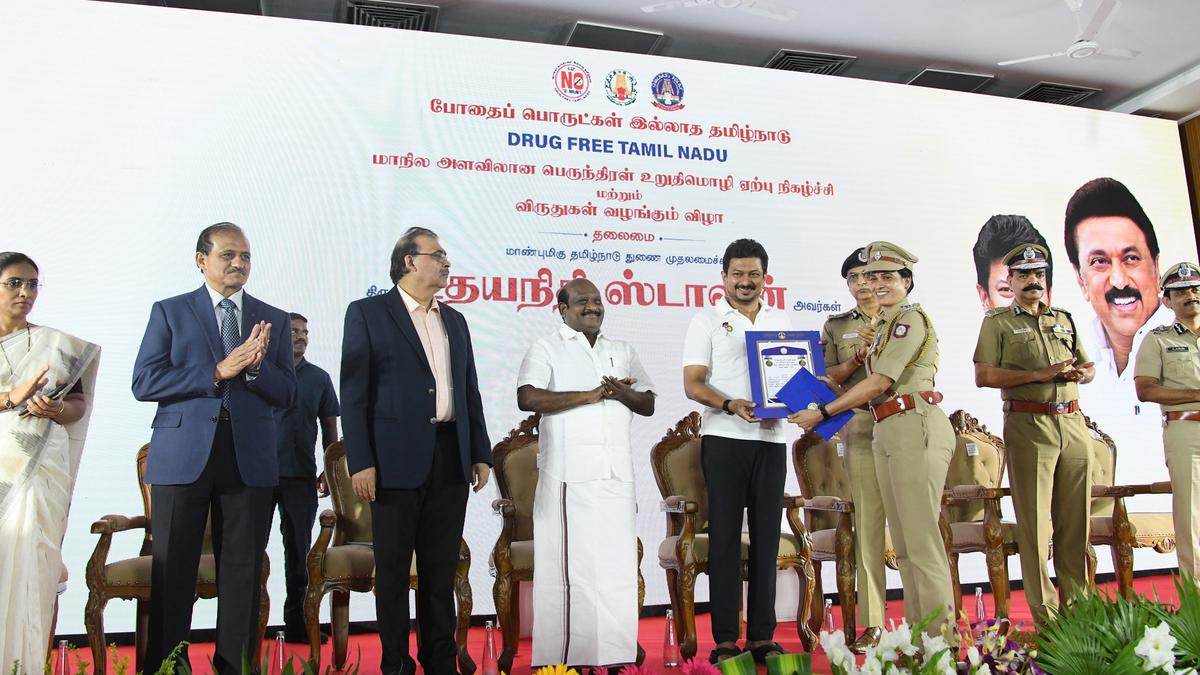Now Reading: Amid Outcry Over Rotten Meat, CM Omar Abdullah Orders Border Check Post Screening in J&K
-
01
Amid Outcry Over Rotten Meat, CM Omar Abdullah Orders Border Check Post Screening in J&K
Amid Outcry Over Rotten Meat, CM Omar Abdullah Orders Border Check Post Screening in J&K

Fast Summary
- Issue: Jammu and Kashmir faces a crisis of smuggling and distribution of substandard mutton and poultry, with over four tonnes of decomposed meat seized this month in the Valley.
- Response: Chief Minister Omar Abdullah held a high-level meeting and announced measures to address food safety concerns:
– Establishment of check posts and testing laboratories at Lakhanpur and qazigund for screening perishable items like mutton, chicken, etc.
– Food testing labs to be set up in every district headquarters; mobile food testing vans to inspect eateries across Kashmir.
– Registration framework introduced for all food distributors, traders, and vendors under licensing protocols.
– Formation of an inter-departmental committee to coordinate enforcement efforts.
- penalties: Heavy punitive actions ordered under Food Safety laws; criminal proceedings initiated against serious violators. FIR No. 48/2025 was registered under relevant law sections against Sunshine Foods after significant quantities of rotten meat were seized from it’s cold storage unit near Srinagar.
- Concerns raised over chemicals/additives used in meat supplies; departments instructed to verify sources and maintain cold chain protocols.
Indian Opinion Analysis
The proactive measures announced by Chief Minister Omar abdullah signal strong governmental intent to rectify existing gaps in local food safety infrastructure. Establishing checkpoints at major entry points like Lakhanpur ensures that unsafe animal products are identified before distribution-a critical step towards restoring public trust amid growing panic.
The planned deployment of mobile labs along with district-level facilities is noteworthy for decentralizing food inspection processes while increasing logistical efficiency. Additionally, a formal registration system could enhance accountability among vendors handling perishable goods.
Though, addressing systemic flaws requires sustained policy enforcement deeper than initial punitive action or arrests.Public awareness campaigns on safe consumption practices might complement regulatory oversight effectively-potentially creating long-term behavioral impacts on hygiene standards within marketplaces across the region.
These immediate interventions not only prioritize public health but also propose institutional resilience capable of curbing risks associated with unhygienic imports into Jammu & Kashmir’s ecosystem-a necessity given the economic reliance on perishable goods.
Read more: Link

























